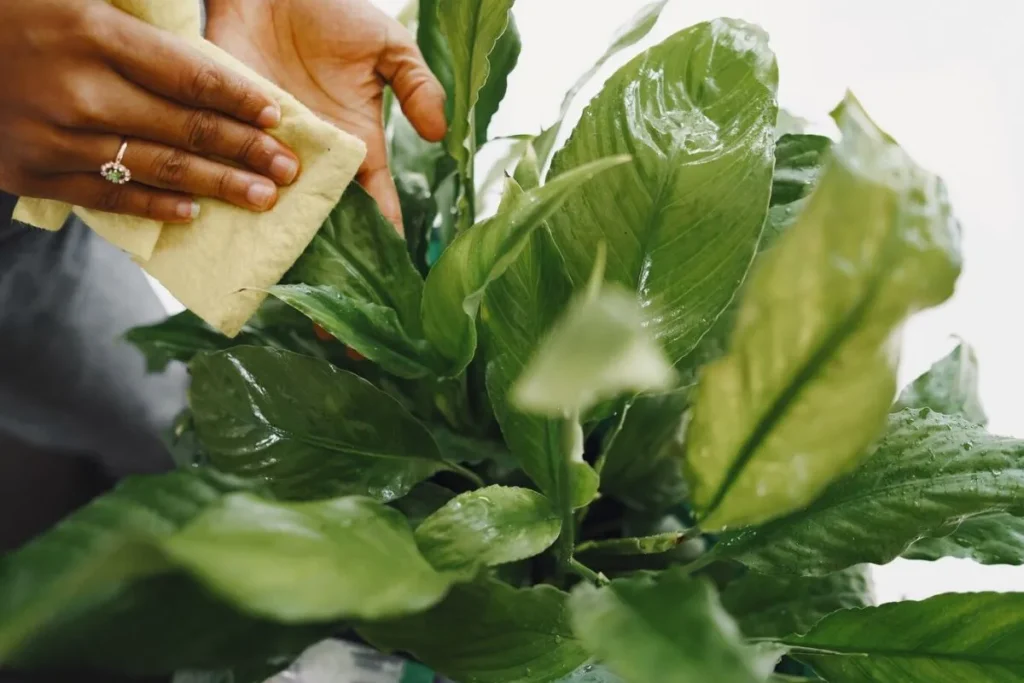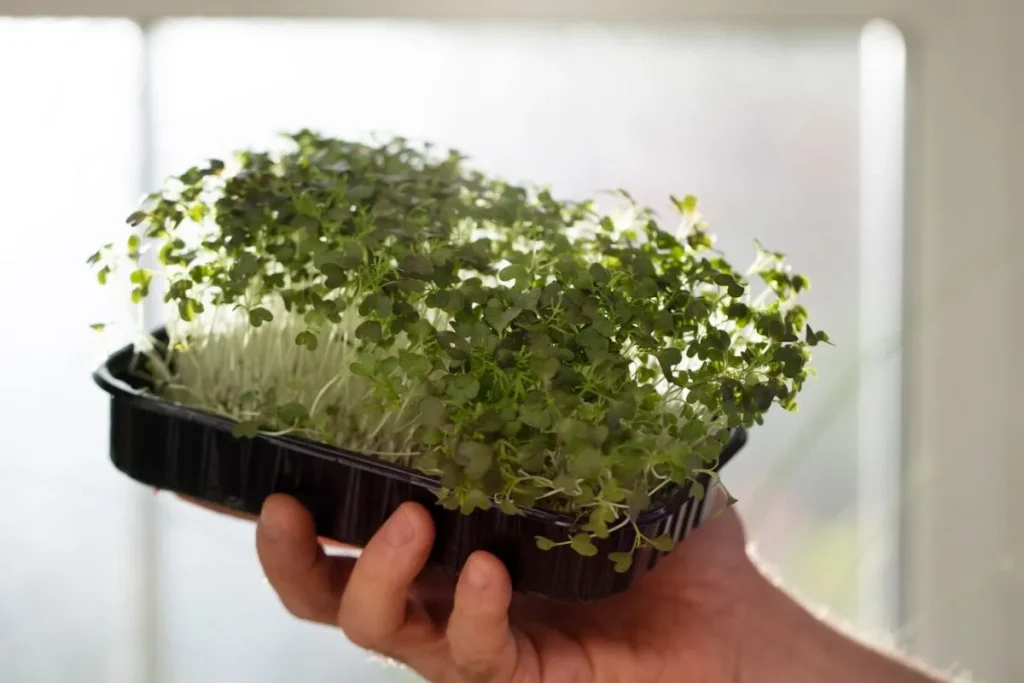Using edible algae for environmental sustainability has emerged as a promising solution. This approach addresses several global challenges, including environmental degradation. By utilizing algae, we can promote a more sustainable environment.
This article delves into various techniques used in algae farming. We will explore the multifaceted benefits these practices offer.
Join us as we examine the potential of edible algae. Discover how it contributes to environmental sustainability.
The Role of Edible Algae in Environmental Sustainability
Edible algae have been recognized for their role in promoting environmental sustainability. They serve as a sustainable food source, offering high nutritional value with minimal environmental impact. Algae farming can significantly reduce our ecological footprint, contributing to a more sustainable food system.
Algae are efficient in carbon sequestration. They capture more CO2 per unit area compared to terrestrial plants, effectively removing greenhouse gases from the atmosphere. This makes them an effective tool in mitigating global warming and combating climate change.
Edible algae also support biodiverse ecosystems. They provide habitat and nourishment for marine species, preserving aquatic biodiversity. This contributes to the health of marine environments, ensuring the stability and resilience of these critical ecosystems.
Integrating algae into agricultural practices can enhance soil quality. Their biomass can be used as a natural fertilizer, enriching the soil with essential nutrients. This reduces reliance on chemical fertilizers and promotes organic farming practices.
Incorporating algae into diets can address global food security. Their rapid growth and high yield make them a viable solution for feeding a growing population. This can help combat malnutrition and ensure access to nutritious food worldwide.
Supporting algae research and development is crucial. Investing in innovative farming techniques and sustainable practices will maximize the benefits of algae cultivation. This will drive progress towards a more sustainable and resilient future.
Algae Farming Techniques
There are various methods of algae farming. These techniques are crucial for large-scale production. Let’s explore some of the most common methods.
Open Ponds
Open ponds are among the oldest and most cost-effective methods. They utilize large outdoor spaces. This method leverages natural sunlight but requires extensive land area and can be influenced by weather conditions.
Photobioreactors
Photobioreactors offer a controlled environment. They use artificial lighting and closed systems to optimize growth conditions. This method is more efficient but can be costly.
Fermentation Tanks
Fermentation tanks are another viable option. They use heterotrophic cultivation, utilizing organic compounds instead of light. This method allows for high-density growth.
Benefits of Using Edible Algae
The benefits of using edible algae for environmental sustainability are multifaceted. They range from health advantages to ecological impacts. Let’s break down these benefits.
Nutritional Value
Edible algae are rich in essential nutrients. They contain proteins, vitamins, and minerals. Algae like spirulina and chlorella are popular for dietary supplements.
Eco-Friendly Agriculture
Algae farming is less resource-intensive. It requires minimal freshwater and arable land. This makes it a sustainable alternative to traditional agriculture.
Biofuels and Bioproducts
Algae can be used to produce biofuels. They offer a renewable energy source, reducing reliance on fossil fuels. Algae-based bioproducts also include cosmetics and pharmaceuticals.
Addressing Environmental Degradation
Environmental degradation is a pressing issue. Using edible algae for environmental sustainability can play a pivotal role in addressing this problem. Here’s how algae contribute.
Bioremediation
Algae are effective in bioremediation. They can absorb pollutants from water bodies. This helps in cleaning up contaminated environments.
Carbon Sequestration
As mentioned, algae are efficient in carbon sequestration. They absorb CO2 during photosynthesis. This process helps reduce atmospheric carbon levels.
Wastewater Treatment
Edible algae can be integrated into wastewater treatment systems. They remove nutrients and heavy metals. This results in cleaner water discharged into ecosystems.
Algae as a Sustainable Food Source
Edible algae offer a viable solution to food security. They are a rich source of protein. This makes them an ideal supplement for growing global populations.
Algae can be incorporated into various food products. They are used in health supplements, snacks, and culinary dishes. This versatility adds to their appeal.
The cultivation of algae requires minimal resources. This makes it a more sustainable option compared to traditional farming. It helps conserve water and land resources.
Case Studies and Real-World Applications
Several case studies highlight the potential of algae. Companies and organizations worldwide are leveraging algae. Let’s look at some examples.
In Hawaii, a company uses algae to produce biofuels. This project showcases the potential of renewable energy. It demonstrates the scalability of algae farming.
Another example is a Dutch initiative. They integrate algae in urban environments. This project focuses on sustainable urban farming.
Challenges and Future Prospects
While the benefits are clear, there are challenges. High production costs and technological barriers exist. However, ongoing research is addressing these issues.
Future prospects are promising. Advances in biotechnology are making algae farming more feasible. Innovations in cultivation techniques are reducing costs.
Collaboration between stakeholders is crucial. Governments, corporations, and academia must work together. This partnership can drive the growth of algae as a sustainable solution.
Final Thoughts on Edible Algae and Sustainability
In summary, using edible algae for environmental sustainability holds immense potential. It offers a multifaceted solution to pressing global challenges, including food security and climate change. The adoption of algae-based practices can transform agriculture and energy sectors alike.
Edible algae provide nutritional, ecological, and economic benefits. They support sustainable farming by reducing the need for harmful pesticides and fertilizers, clean energy by offering a renewable alternative to fossil fuels, and environmental remediation by absorbing pollutants and carbon dioxide. These combined benefits make algae an essential component of future sustainable practices.
As we continue to innovate, the role of algae will grow. It is crucial to support research and development to unlock its full potential. Investing in algae technology can lead to breakthroughs that benefit both people and the planet.
Together, we can pave the way for a more sustainable future, ensuring a healthier environment for generations to come.
Frequently Asked Questions
What are the main benefits of edible algae?
Edible algae offer high nutritional value, eco-friendly farming methods, and potential uses in biofuels and bioremediation.
How do edible algae contribute to environmental sustainability?
They promote carbon sequestration, serve as a sustainable food source, and aid in cleaning up pollutants from the environment.
What are the common methods of algae farming?
Common methods include open ponds, photobioreactors, and fermentation tanks, each with its advantages and limitations.
Are edible algae a feasible alternative to traditional agriculture?
Yes, they require fewer resources like freshwater and arable land, making them a sustainable alternative.
What challenges does algae farming face?
Challenges include high production costs and technological barriers, though ongoing research is addressing these issues.



